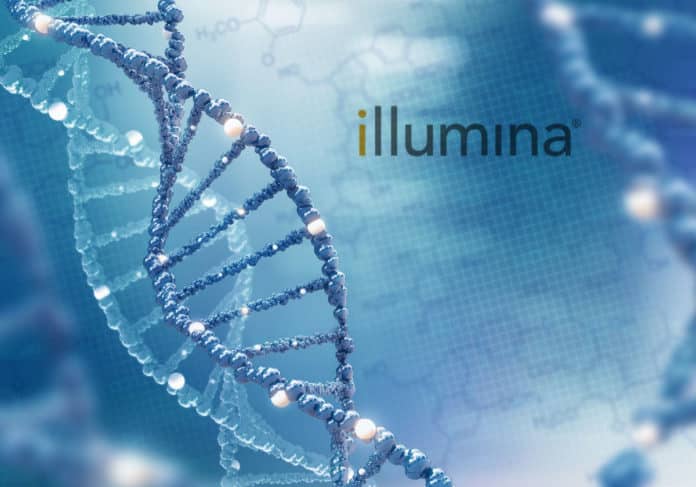Illumina To Sequence 10,000 Year Old DNA To Analyse Brain Disorders
Taking a deep dive into the genetics of human history, Illumina plans to help in mapping individual DNA fragments spanning thousands of years in a search for clues into today’s mental health issues and neurological ailments.
As part of a collaboration with the Lundbeck Foundation Center for GeoGenetics in the University of Copenhagen, this project aims to understand the evolutionary history of neuropsychiatric diseases and also if any infectious pathogens or microbes with the objective of finding new approaches for drugs and precision treatments.
By complete mapping of the DNA from thousands of early Eurasian human remains with data gathered from bones and teeth as old as 100 centuries the Researchers hope to build a large dataset into the genesis of ailments such as Alzheimer’s disease and schizophrenia.
When complete, the publicly available dataset is going to be split into two subsets of genomic data: one would be a panel of 5,000 ancient human genomes and other would be a panel of ancient DNA from microbes or pathogens associated with human diseases.
The lead of the Team Eske Willerslev, the Prince Philip Professor at the University of Cambridge and the Lundbeck
Foundation Professor in the University of Copenhagen stated that- It has been observed that over the past 10,000 years, humanity has experienced some of the greatest lifestyle changes in the history of our species.Willerslev also stated that- Their diet changed as they developed from hunter-gatherers to farmers, their settlement patterns changed and there have been changes in pressure of infection from the pathogenic micro-organisms to which we were exposed due to altered living conditions.
He also further stated that- they also know that chronic viral, bacterial and fungal infections might be causative factors in neuropsychiatric diseases, so there is every reason to believe that the analyses of DNA from this period will show substantial trends–giving us the ability to create new, publicly available reference sets to enhance both the scientific and healthcare communities’ understanding of disease evolution.
To power the job, Illumina brings its strongest system, the NovaSeq 6000, with the objective of sequencing up to 20 billion ancient DNA fragments every two days.
Willerslev ended the conversation stating that- While they have conceived this project to explore the evolutionary origins of genetic disorders years ago, it was just not possible to realize before Illumina’s NovaSeq System came on the marketplace.






























